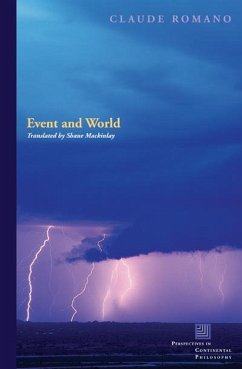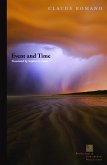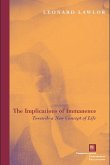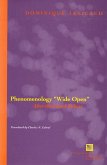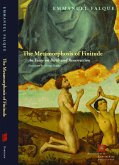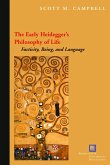The world into which we are born as the horizon of all our behavior is a world both of things and of events. But what are events? Though familiar to all of us, they are philosophically obscure. However central they may be to the question of being in Western thought, from Aristotle to Heidegger, events have always been assigned a derivative status, indeterminate, at the margins of philosophy. Claude Romano seeks to change all that, to describe precisely what sort of phenomenon an event is and to establish how it can be grasped via a phenomenology. He seeks, above all, to understand a human being as one to whom events can occur, who is able to face them and to appropriate them through experience. ¿Evential hermeneutics¿ is the name he gives this approach, which conceives human being as an undergoing of events for which there can be no substitution and as thereby becoming himself. Romano at once forces us to think human existence¿or rather, human adventure¿in the light of events and helps us understand how and why the event has been neglected in the ontological tradition.

